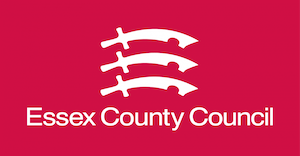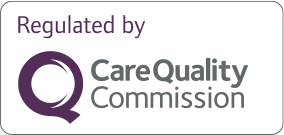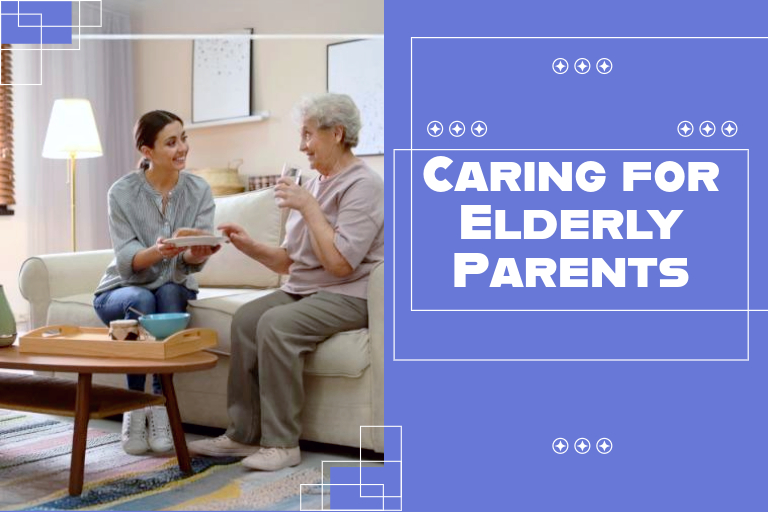Caring for elderly parents is a journey that combines compassion, patience, and practical strategies. As our parents age, they may need additional support to maintain their quality of life. Setting up a caregiving plan that addresses their physical, emotional, and practical needs is crucial. Here are some essential tips to help you provide the best care for your elderly parents while ensuring their comfort and dignity.
1. Open Lines of Communication
Start by having an open and honest conversation with your parents about their care needs and preferences. Understanding their wishes and concerns helps create a caregiving plan that respects their autonomy and meets their needs. Regular communication also ensures that you are aware of any changes in their health or preferences.
2. Assess Their Daily Needs
Evaluate your parents’ daily needs, including personal care, medication management, and mobility assistance. Create a list of tasks and responsibilities, such as bathing, dressing, and preparing meals. Understanding these needs will help you determine what type of support is required and how to best manage it.
3. Create a Safe Living Environment
Ensuring a safe home environment is essential for preventing accidents and promoting independence. Assess the home for potential hazards, such as loose rugs or uneven floors, and make necessary adjustments. Install grab bars in the bathroom, improve lighting, and remove obstacles to create a secure and accessible living space.
4. Seek Professional Assistance When Needed
Sometimes, professional help is necessary to provide the best care. Look into hiring a home health care professional or geriatric care manager if additional support is needed. These professionals can offer specialised care, assist with medical needs, and provide respite for family caregivers.
5. Plan for Medical Care
Keep track of your parents’ medical appointments, medications, and health conditions. Ensure they have access to regular medical care and follow-up appointments. Creating a medical log or using a health management app can help you stay organised and ensure that all health needs are addressed.
6. Encourage Social Interaction
Social interaction is important for mental and emotional well-being. Encourage your parents to engage in social activities, whether it’s through community events, hobbies, or spending time with friends and family. Maintaining social connections can help combat loneliness and enhance their overall quality of life.
7. Manage Caregiving Stress
Caring for elderly parents can be emotionally and physically demanding. It’s important to manage stress and prevent caregiver burnout. Make time for self-care, seek support from other family members or support groups, and consider professional counselling if needed. Taking care of your own well-being enables you to provide better care for your loved ones.
8. Stay Organised
Organisation is key to effective caregiving. Keep important documents, such as medical records and financial information, well-organised and easily accessible. Create a daily or weekly schedule to manage tasks and appointments, ensuring that nothing is overlooked.
9. Address Legal and Financial Matters
Discuss and address any legal and financial issues with your parents. This may include updating wills, establishing power of attorney, and managing financial affairs. Having these matters in order can prevent complications and ensure that their wishes are respected.
10. Involve Your Parents in Their Care
Involve your parents in decisions about their care to maintain their sense of control and independence. Encourage them to voice their preferences and make choices about their daily routine. This approach helps preserve their dignity and ensures that their care is tailored to their individual needs.
Providing Compassionate Care
Caring for elderly parents involves a balance of practical support and emotional compassion. By implementing these tips, you can create a supportive environment that enhances their quality of life while also managing the demands of caregiving effectively.
For additional resources and support on caregiving and home care options, exploring reputable sources and professional advice can provide valuable guidance. Staying informed and proactive ensures that you’re well-equipped to provide the best care for your elderly parents.
If you’re interested in discovering more about caregiving resources and support services, feel free to explore our website for further information tailored to your needs.
Looking for More Support and Resources?
At Vim Care Limited, we understand that navigating care options for your loved ones can be overwhelming. That’s why we’re here to offer even more valuable content to help you make informed decisions. Head over to our YouTube Channel for expert advice, practical tips, and resources tailored to your specific needs. Whether you’re exploring home care or just looking for answers, our channel has you covered.
Subscribe today and take the next step toward peace of mind and better care!
Accreditations and Who We Work With
Vim Care Limited is proudly registered with the Care Quality Commission (CQC) and works in partnership with Essex County Council and Thurrock Council. We adhere to the highest standards of care, ensuring the safety and well-being of our service users. Our commitment to excellence drives us to regularly review and improve our services, guaranteeing the best possible outcomes for our clients.




Haven't taken the Home Care Assessment yet?
Don’t miss out! In under 5 minutes, you can discover the perfect care solution for your loved one. Our free Home Care Assessment provides instant, personalised recommendations, and you’ll receive a free PDF report of your results. Whether it’s home care or a nursing home, get peace of mind with expert guidance today.
Book a Free 1 to 1 Consultation
Ready to arrange home care or just exploring your options?
We’re here to guide you every step of the way.
Choose a slot in the calender below to book your free 1-on-1 consultation.
If you’ve already taken our free assessment, we’ll review your results together. If not, you can choose a face-to-face or phone assessment to create a personalised care action plan tailored to your specific needs.



